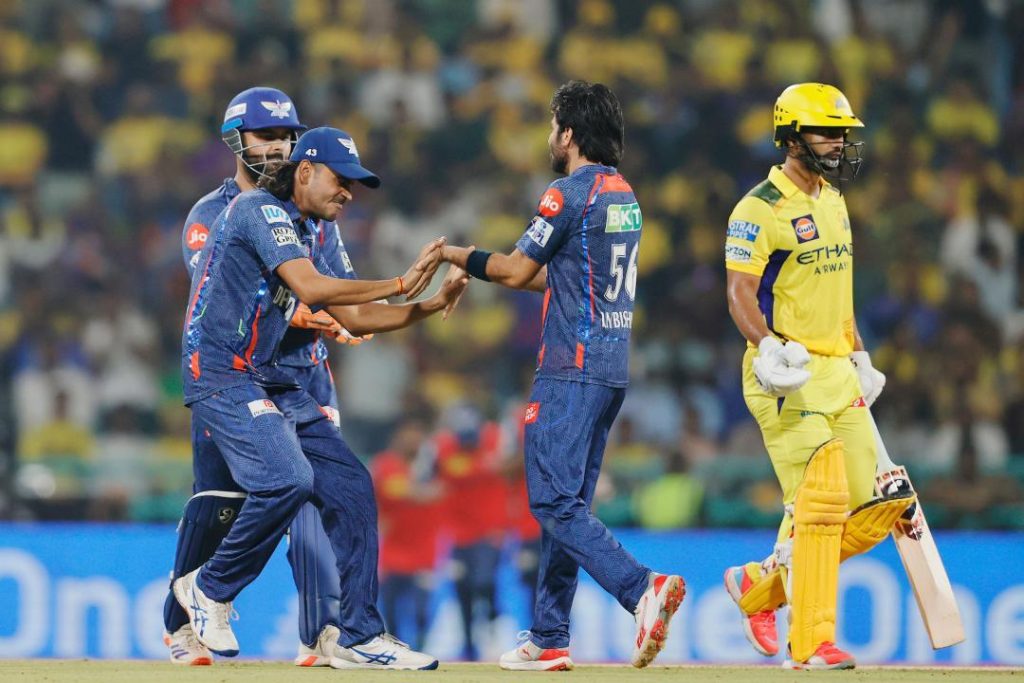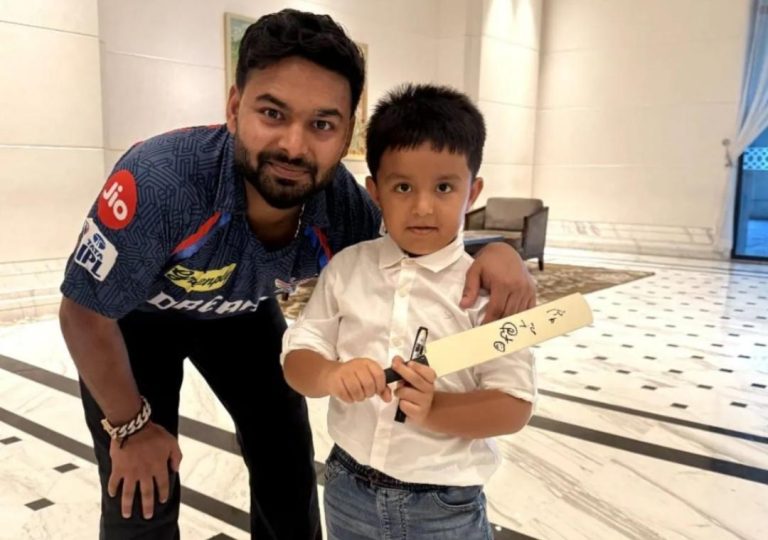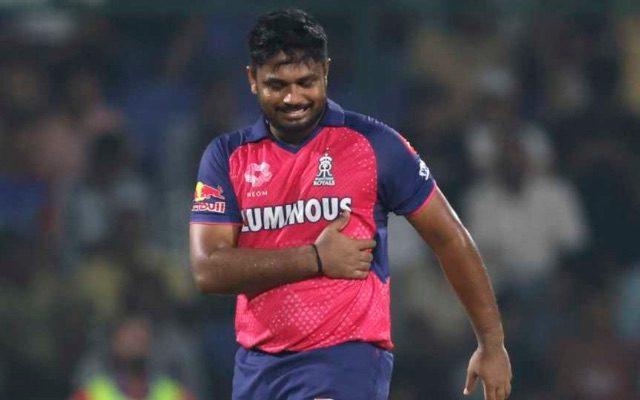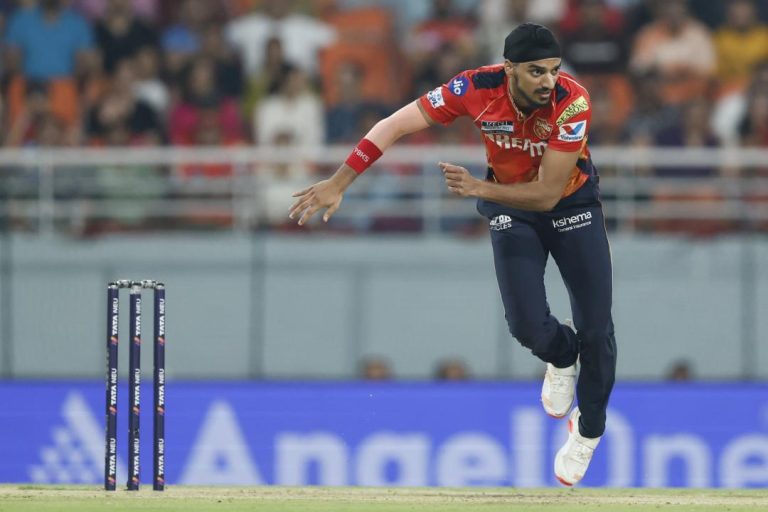
Why did Ravi Bishnoi not complete his quota? Pant answers
In a thrilling encounter between Delhi Capitals and Chennai Super Kings in the Indian Premier League (IPL), Rishabh Pant, the Delhi Capitals’ skipper, made a bold decision that raised eyebrows among cricket fans. With Ravi Bishnoi, one of their best bowlers, still two overs short of completing his quota, Pant deliberately delayed his over, bowling Shardul Thakur and Avesh Khan instead.
The decision seemed puzzling, especially considering Bishnoi’s impressive form in the tournament. However, Pant has now explained the rationale behind his choice, and it’s an interesting insight into the mind of a captain.
Speaking to the media after the match, Pant revealed that he had indeed thought about bowling Bishnoi earlier, but decided against it after discussing the situation with his teammates. “There was a lot of time I thought about bowling Bishnoi, but I discussed it with other players and thought, let’s take it deeper. That ultimately didn’t end up happening,” Pant explained.
So, what made Pant think that delaying Bishnoi’s over was the right move? In an IPL where teams are often forced to chase high totals, Pant may have been thinking about the pressure that comes with defending a target. By bowling his other pacers, Shardul and Avesh, he might have been trying to keep the opposition’s run rate in check, making it harder for them to score freely.
Additionally, Pant might have been considering the fact that CSK’s openers, Ruturaj Gaikwad and Devon Conway, were in excellent form. By bowling Thakur and Khan, he could have been trying to exploit the opposition’s strengths, using their pace to try and pick up early wickets.
However, the decision ultimately backfired, as CSK chased down the target with ease. Bishnoi, who has been one of the most consistent bowlers in the tournament, was not given the opportunity to bowl out his full quota, and his absence may have been felt in the latter stages of the game.
The decision also raises questions about the strategy employed by Pant. In an IPL where teams are often forced to think outside the box, Pant’s decision to delay Bishnoi’s over may have been seen as a bold move, but it ultimately didn’t pay off.
In hindsight, it’s easy to say that Pant should have stuck with his best bowler, but the situation was complex, and Pant had to weigh up the pros and cons. Perhaps he was thinking about the long game, trying to conserve his best bowler for a later stage in the tournament.
Whatever the reason, the decision will continue to be debated among cricket fans, and it’s a reminder that captaincy is all about making tough decisions under pressure. As Pant himself said, “You’ve got to make decisions quickly and stick to it.”
In the end, CSK’s victory was well-deserved, and Pant’s decision, although unconventional, was an interesting insight into the mind of a captain. As the IPL continues to unfold, fans will be eagerly waiting to see how Pant and his team respond to the challenges that lie ahead.






